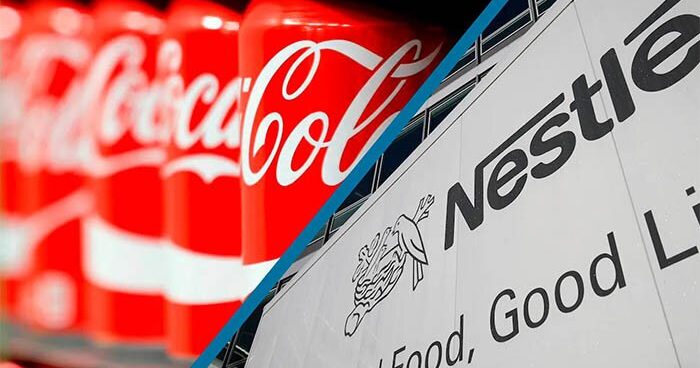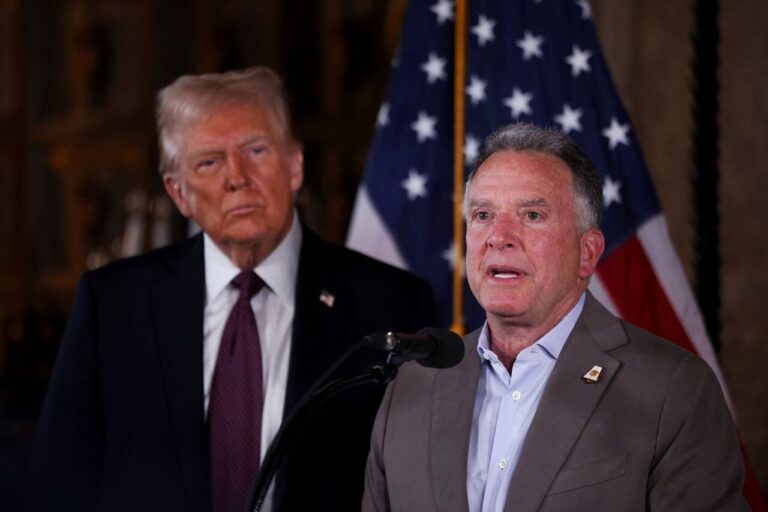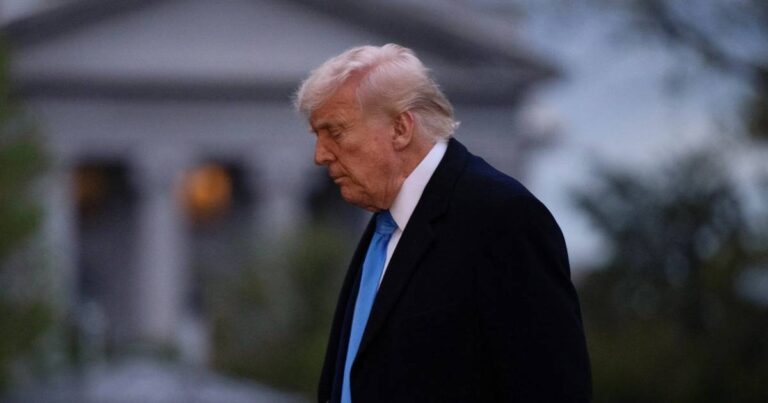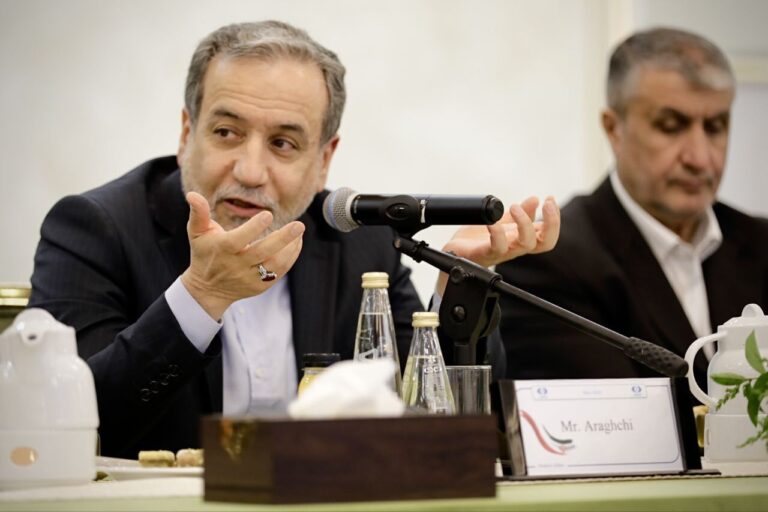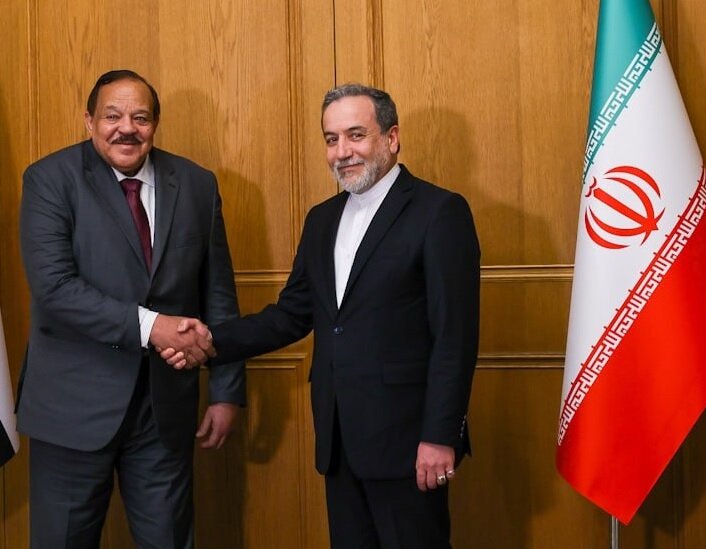Tehran Cracks Down: Bans Global Brand Ads Tied to Israel
In a significant move reflecting its political stance, Tehran’s city council has voted to prohibit advertisements for global brands linked to Israeli companies, such as Coca-Cola and Nestlé. This decision marks an expansion of existing bans and extends to sales in municipal markets and purchases by the city municipality.
Mehdi Babaei, the head of the council’s safety committee, emphasized that this decision is in line with broader governmental policies. He stated, “Beyond banning advertisements, the sale of such goods in municipality chain stores and fruit and vegetable markets, as well as their procurement by the municipality, is now prohibited.”
The measure specifically targets brands identified as having connections to Israel, effectively barring them from utilizing the city’s advertising infrastructure, which includes billboards and urban media networks. This action was framed by the council as a response to directives from Iran’s leadership, highlighting their support for the Palestinian cause and the intent to limit the economic influence of companies perceived to be associated with Israel.
The municipality is now responsible for implementing this policy across all advertising spaces under its control, ensuring that no municipality-affiliated stores or markets are permitted to distribute the affected goods. Here are some key points regarding the new policy:
- Prohibited Brands: Major brands like Coca-Cola and Nestlé are specifically mentioned as targets.
- Advertising Restrictions: These brands will no longer be allowed to advertise within the city, utilizing public spaces.
- Sales Ban: Sale of these products in municipal markets and stores is strictly prohibited.
- Enforcement Measures: City officials promise to outline enforcement mechanisms in the coming weeks, although similar past restrictions have relied more on national trade policies.
Officials from the city council are expected to release details on how they plan to enforce this ban. Historically, restrictions on Israeli-linked businesses in Iran have often depended on national regulations rather than local governance. As the city prepares to implement these changes, it remains to be seen how they will navigate enforcement challenges and public compliance.
The context for this decision is rooted in a larger political narrative. In a recent statement, Iran’s Supreme Leader, Ali Khamenei, called on Muslim countries to isolate Israel. He expressed that Iran “has the definite expectation and suggestion” that Islamic nations should sever political and economic ties with Israel, especially in light of the ongoing conflict instigated by the Iran-backed group Hamas’ attack on Israel on October 7, 2023.
This initiative reflects Tehran’s commitment to aligning its municipal policies with its geopolitical stance, particularly regarding the Palestinian cause. The council’s actions may resonate with segments of the Iranian population that support these measures, viewing them as a stand against perceived aggression from Israel.
In addition to the immediate implications for businesses operating in Tehran, this decision may influence consumer behavior and perceptions of international brands in Iran. Consumers may find themselves navigating a marketplace increasingly defined by political affiliations, prompting them to consider the broader implications of their purchases.
As the council moves forward with the implementation of this ban, it will be essential to monitor its effects on local businesses, consumer sentiment, and the overall economic landscape in Tehran. The intersection of commerce and politics is becoming ever more pronounced in the region, making this a crucial moment for both local and international brands.
In conclusion, Tehran’s city council’s decision to ban advertisements and sales for brands associated with Israeli companies marks a significant shift in municipal policy. This move not only reinforces the city’s political stance but also raises questions about the future of international commerce in Iran.
